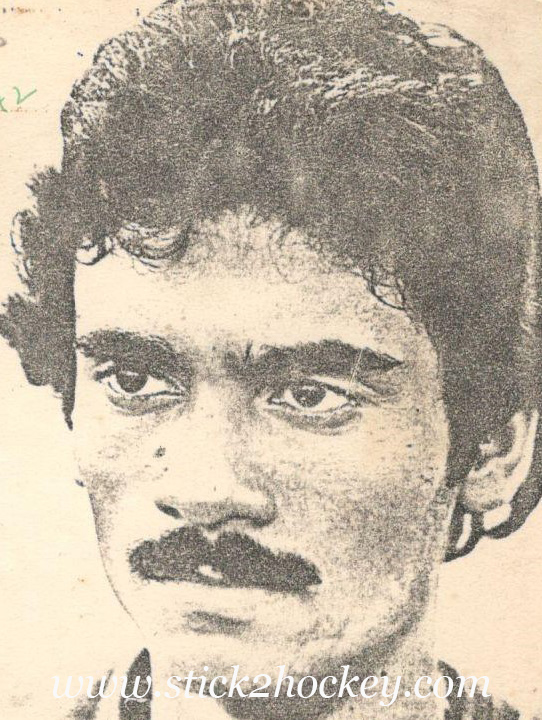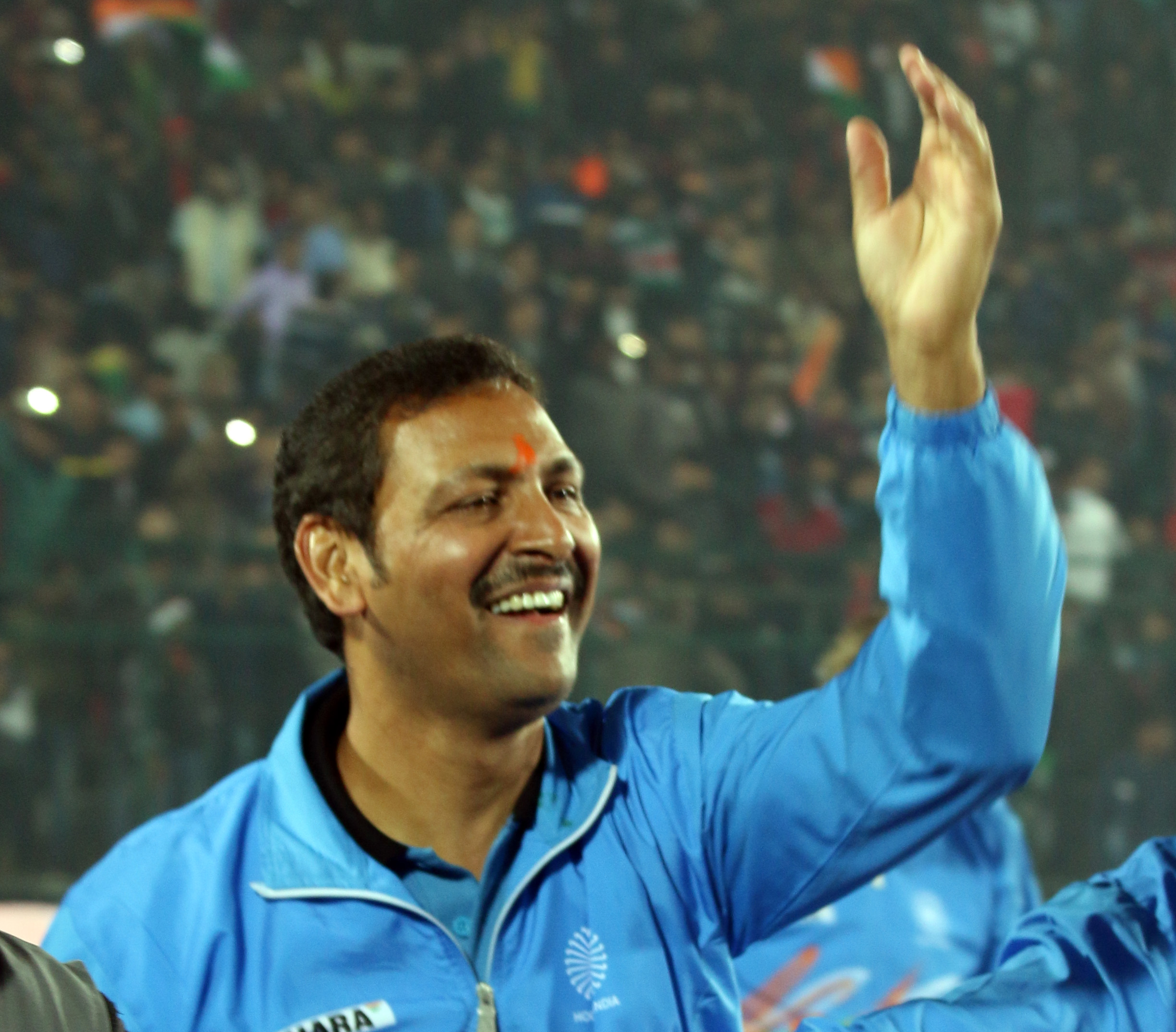Share
s2h Team
It seemed to be a leaf straight out of Ripley’s Believe it or Not. Eight time Olympic champions and once World Cup champions India squared up to Pakistan, then three time World Cup champions and as many times Olympic gold medallists.
The stage – the 6th World Cup at Willesdon, England. The prize though was unthinkable for these two nations who played for Olympic gold medals on three occasions and the World Cup once.
This was for 11th position and the avoidance of the ignominy of being left holding the wooden spoon!
It happened on this day (October 17), 34 years ago.
Pakistan won 3-2 in extra-time to leave India at the bottom of the heap. Since that dreadful day, there have been similar or worse disasters for the Asian giants.
Pakistan finished last at the 2010 New Delhi World Cup, India, at the 2012 London Olympics. Both nations have also failed to qualify for the Olympics.
India missed out on the 2008 Beijing Olympics while Pakistan have failed to qualify for the 2016 and 2020 Olympics in Rio de Janeiro and Tokyo (postponed to 2021) as well as the 2014 World Cup in The Hague, The Netherlands.
In 1986, though, the match-up for last position was shocking, unimaginable.
The two arch rivals that featured at the top of the leaderboard were Australia and England with the former winning the title to break Pakistan’s sequence of two successive World Cup triumphs.
In the Aussie ranks was cynosure Ric Charlesworth – an admirer of the Indian style of play in a team shaped by the influence of the Ango-Indian immigrants down the ages.
And England fielded two players – forwards Imran Sherwani of Pakistani descent and Kulbir Bhaura of Indian origin. Key players in a team making waves and one to form the nucleus of a Great Britain side which were to win Olympic gold in two years’ time.
Ironical indeed. The hockey world had been churned!

Md Shahid was the captain when India was dethroned for the first time in Asian Games, 1986. And then, last at the Willesdon World Cup
Many, however, saw a fall from grace for the Asian exponents stemming from new rules, artificial surfaces and their own limitations to adapt to fast evolving conditions. Add to this administrative quirks and selection vagaries which undermined fortunes of the “national game” in the two countries.
Pushing both India and Pakistan to the brink, however, was the scheduling of the Asian Games and the World Cup, the first to be staged on an artificial surface.
The 1986 Asian Games final took place on September 29 in Seoul and was played between South Korea, the eventual gold medal winners, and Pakistan. India played earlier on the same day, clinching the bronze after beating Malaysia.
The World Cup started on October 4 – less than a week after an exacting and demanding continental championship. Both nations alighted in London, reeling from fatigue and benumbed by defeat – Pakistan struggled to come to terms with a 1-2 defeat to the new force South Korea in the Asian Games final and India from missing the final for the first time in history.
Not surprisingly, Pakistan, the reigning Olympic champions, began their campaign disastrously, losing to Argentina 1-3. India played the next day and lost to Poland 0-1. Further defeats followed – Pakistan went down to The Netherlands 1-2, India to Spain 1-2 and 0-6 to Australia, the eventual champions.
Pakistan appeared to effect a turnaround in fortunes with a sensational 5-3 victory over New Zealand after trailing 2-3 with just minutes to go while India gained some solace with a 2-0 win over Canada.
But it all fell apart for Pakistan, three-time champions, who lost to England (eventual runners-up) 1-3 and crashed out of the semifinal race.
Another defeat followed for the Green Shirts who lost 0-2 to the Soviet Union (who finished fourth) India forced a creditable 2-2 draw with West Germany (eventual bronze medallists) but were already out of the race.
Further setbacks awaited the once invincible Asians. Pakistan lost to Canada 1-2 in the classification crossover and India came up croppers against New Zealand by the same score to set up an incredulous match.


